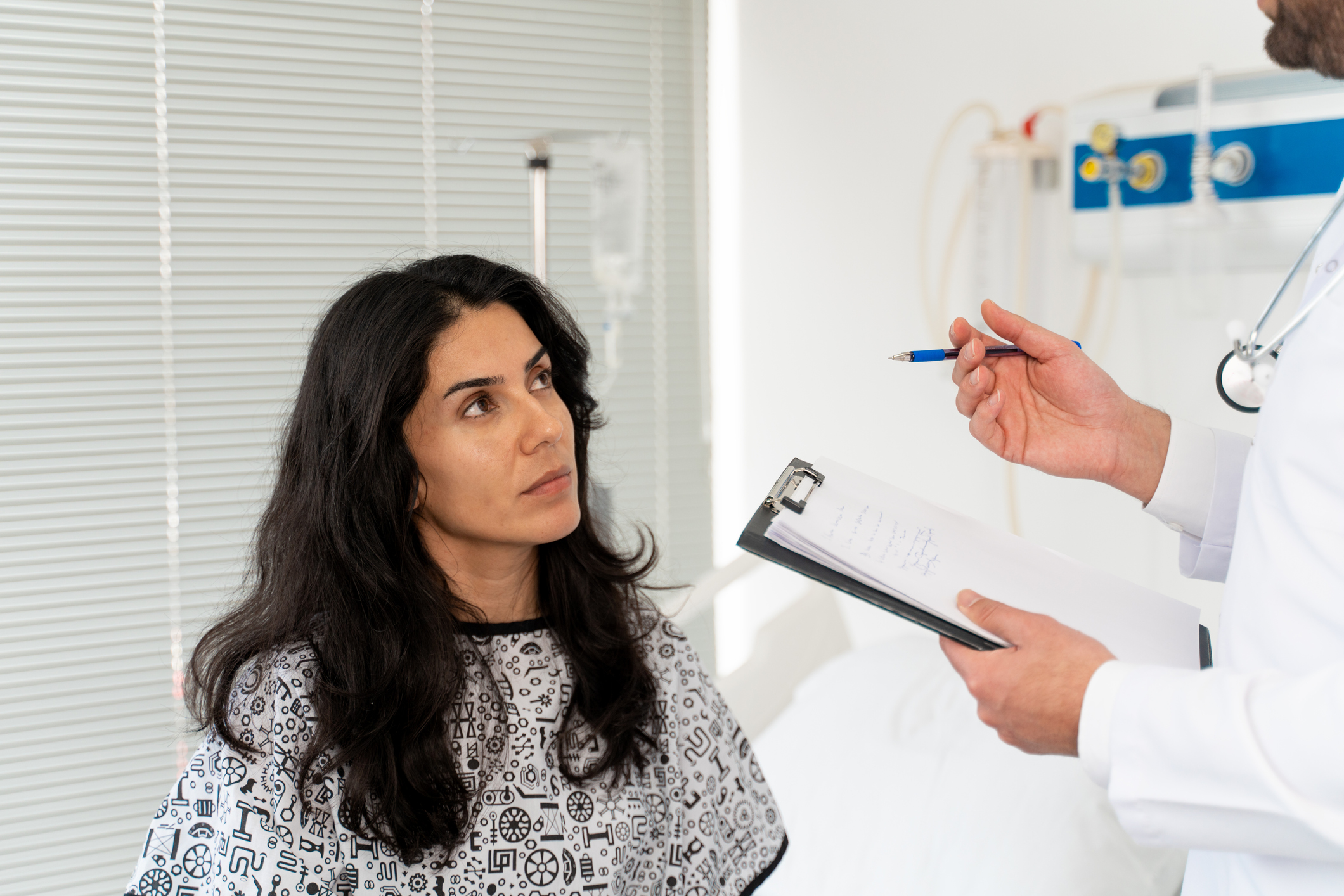A cancer diagnosis can be life-altering in several ways. It is devastating that some cancer treatments can lead to infertility, but there are steps individuals and couples can take to increase their odds of preserving their fertility.
Impact of Cancer Diagnosis on Fertility
A whirlwind of emotions and a multitude of questions are normal in the wake of a cancer diagnosis. Among the myriad concerns frequently experienced, one significant question for many is how cancer and the treatment for the disease can affect their fertility. Different factors influence the answer, including the type of cancer, its stage, and the treatments prescribed. Radiation therapy, chemotherapy, and certain surgeries can harm reproductive organs or interfere with hormone production. This has the potential to result in infertility.
Fertility Preservation Options for Cancer Patients Before Cancer Treatment
One course of action for cancer patients concerned about fertility is to explore options for preserving their fertility before starting cancer treatments. Let’s look at a few of these options:
- Egg and sperm freezing. This allows individuals to preserve their genetic material for future use in assisted reproductive techniques, such as in vitro fertilization (IVF).
- Embryo freezing. This is a viable option for couples to create embryos through IVF and freeze them for later use.
- Freezing ovarian tissue. Some may choose to have a sample of their ovarian tissue removed and frozen for future transplantation. Most of the cases of freezing ovarian tissue are reserved for those prior to puberty and performed in conjunction with pediatric surgeons./li>
Timing Considerations: Balancing Cancer Treatment and Fertility Preservation
Timing is critical for cancer patients who want to preserve their fertility. Reproductive specialists can work with oncologists to develop a treatment plan that focuses on the patient’s cancer with as little impact on their fertility as possible. This may sometimes require a brief delay in starting the cancer treatment to allow for fertility preservation procedures.
Fertility Options Post-Cancer Treatment
For individuals who have undergone cancer treatments, fertility may be a concern. However, several avenues can still lead to parenthood.
- Ovarian Reserve Assessment: Even after cancer treatment, if a patient continues to menstruate, there’s potential for pregnancy. Blood tests and ultrasounds can provide insights into the impact of the treatment on the ovarian reserve and the chances of conceiving.
- Adoption: An incredible way to welcome a new member into the family and offer a child a nurturing environment.
- Gestational Surrogacy: Some may opt for another individual to carry and deliver their child.
- Donor Eggs or Sperm: Assisted reproductive techniques utilizing donated eggs or donor sperm enable individuals or couples to potentially have a biological child.
Emotional and Psychological Support for Individuals Facing Cancer and Fertility Challenges
Concerns about infertility resulting from cancer treatments and the emotional tsunami resulting from a cancer diagnosis can be devastating. It is crucial for individuals and couples to seek support during this time. Vital emotional and psychological support is available through therapists, counselors, support groups, and organizations specializing in fertility issues and cancer concerns.
Where to Turn?
Fighting a cancer diagnosis is complex, and the potential impact on fertility only adds to the stress and turmoil. Our team at Seattle Reproductive Medicine understands the upheaval an individual or couple is going through and is ready to help. Contact our team today to discuss your fertility options.




